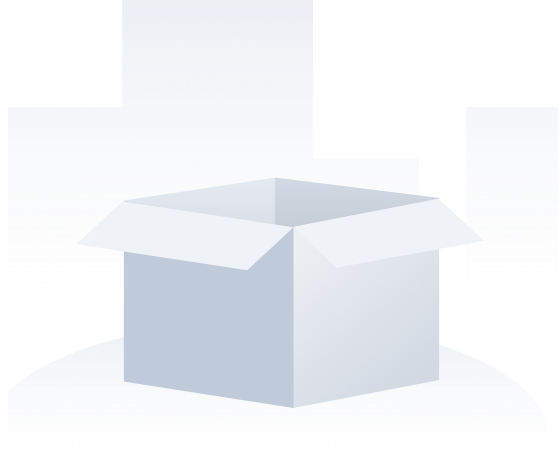
CX
项目开始时间

2025年2月13日
关于
Background IntroductionCortex Protocol is a decentralized AI platform built on blockchain technology, aiming to create an open ecosystem for AI model development and deployment. Registered in the Cayman Islands, the project focuses on bridging the gap between artificial intelligence and decentralized applications (dApps). The platform name reflects its core mission of building a "cortex" for blockchain intelligence, primarily serving AI developers, data scientists, and Web3 projects. According to the website, the network has attracted over 200 AI models and supports 15+ blockchain networks through cross-chain interoperability.Website Core ContentThe website features a futuristic purple-black color scheme with three main sections: 1) AI Marketplace showcasing available models 2) Developer Portal with SDKs and API documentation 3) Staking Dashboard for token holders. Key subpages include: 1) Supported AI frameworks (TensorFlow, PyTorch etc.) 2) Model submission guidelines 3) CTXC token utility explanation 4) Network validators list. The interface prominently displays real-time metrics like model execution count (1.2M+) and active developers (8,500+).Technical FeaturesThe technical whitepaper reveals a three-layer architecture: 1) Execution Layer using zk-Rollups for AI computations 2) Storage Layer with IPFS integration 3) Consensus Layer combining PoS with reputation scoring. Unique innovations include: 1) "AI Proof-of-Work" where models earn tokens by contributing useful outputs 2) Model versioning through blockchain hashes 3) Privacy-preserving federated learning options. The platform achieves 1,200 TPS for inference tasks with average latency under 3 seconds, significantly faster than centralized alternatives like AWS SageMaker for specific use cases.Token EconomicsThe native CTXC token employs a dual-token system: 1) Utility token (CTXC-U) for paying computation fees 2) Governance token (CTXC-G) for protocol upgrades. Token distribution shows: 1 billion total supply with 30% for model rewards, 20% team allocation (5-year vesting). The economic model features a unique "burn-to-train" mechanism where 50% of computation fees are burned. Current on-chain data indicates 60,000+ token holders with top 50 addresses controlling 45% supply (moderate concentration).Competitor ComparisonComparative analysis shows: 1) Versus SingularityNET's marketplace focus, Cortex prioritizes computational infrastructure 2) Compared to Fetch.ai's agent-based approach, offers lower-latency model execution 3) Unlike Ocean Protocol's data-centric model, provides full AI lifecycle support 4) 40% cheaper than Bittensor for similar GPU tasks 5) Supports 3x more frameworks than Numerai. Key differentiation lies in combining zk-proofs with AI model validation.Risks And ChallengesDocumented risks include: 1) Regulatory uncertainty around AI-blockchain convergence 2) Potential model bias in decentralized training 3) Smart contracts audited by Quantstamp but contain 2 minor vulnerabilities 4) Dependence on external oracle networks for real-world data 5) 12-hour network outage in 2023 due to validator consensus failure. The treasury report shows 18 months of runway at current burn rate, with 70% reserves in stablecoins.Industry FutureCited projections indicate: 1) Decentralized AI market to reach $15B by 2027 2) Current AI model adoption in Web3 below 5% 3) Asia-Pacific region growing at 63% CAGR 4) Emerging standards like IEEE P2938 for blockchain-AI systems. The roadmap highlights upcoming features: 1) Autonomous model fine-tuning 2) Hardware acceleration integration 3) Cross-chain model interoperability 4) Enterprise-grade SLAs for commercial users.ConclusionCortex Protocol establishes competitive advantage through its zk-accelerated AI execution and model provenance tracking, creating a unique value proposition at the AI-blockchain intersection. Critical challenges remain in: 1) Expanding model diversity beyond current NLP/computer vision dominance 2) Improving developer tooling 3) Building sustainable tokenomics beyond speculation. Successful implementation of its planned hardware partnerships could position Cortex as foundational infrastructure for the emerging decentralized AI economy. 更多>



















 看多
看多
 看空
看空